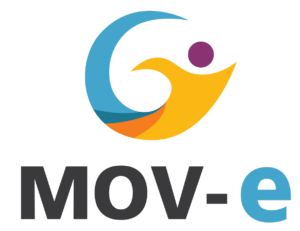Comments on the ergonomics of the physiotherapist’s work and suggestions on cooperation with other members of the therapeutic team and people from the patient’s close environment (family, friends)
Cooperation of an interdisciplinary team plays a crucial role in the process of functional diagnosis and treatment of disorders. Additionally, support and understanding from the family are also important elements.
You need to know that accurate diagnosis of the client/patient allows for individualizing the action plan, setting realistic short-term and long-term goals together, and determining the means to achieve them.
Consider what specialists you will need in the therapeutic team when working with the client/patient to achieve the following goals:
– Education regarding the execution of functional tests and exercises, including the location of their performance
– Education on the use of touch by the physiotherapist
– Education regarding the role of correct posture
– Re-education of movement patterns, task execution techniques, and breathing patterns
– Correction of the alignment of the head, shoulders, and pelvis while maintaining corrected spinal curvatures
– Reduction of musculoskeletal deficits – mobility and strength, and normalization of increased muscle tension caused by stress and negative thinking
– Application of biofeedback, movement visualization, and relaxation techniques
– Increase motivation for active participation in therapy
– Improvement of self-esteem
– Consistency in training
Consider the role that family or friends can play in:
– Education
– Understanding the client/patient’s concerns
– Jointly setting long-term and short-term goals
– Implementing a healthy lifestyle
– Providing support and acknowledging the effort put into therapy
– Achieving consistency – Providing frequent feedback (“you’re doing well,” “your posture has improved,” “you’re consistent,” “you’re becoming more enthusiastic about the exercises”).


Leave a Reply
Want to join the discussion?Feel free to contribute!